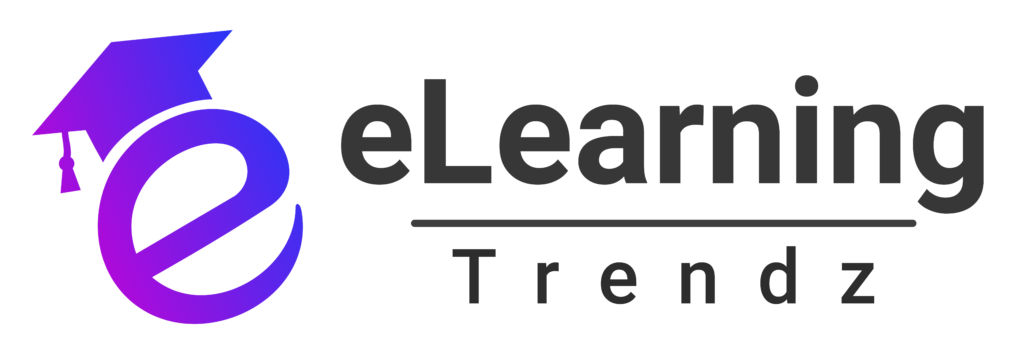Choosing the best Learning Management System (LMS) for your business is a strategic decision that can significantly impact employee training, engagement, and overall organizational success. With the myriads of options available in today’s market, selecting the right LMS may seem daunting. However, by considering your business needs and evaluating key features, you can identify a system that not only meets your current requirements but also scales your future growth. Here’s a comprehensive guide on how to choose the best LMS for your business.
Assess Your Business and Training Needs
Identify Training Objectives:
Before exploring LMS options, determine your primary training goals. Are you focusing on onboarding, compliance, or continuous professional development? Clearly defined objectives will help you narrow down features that are essential for your organization.
Understand Your Audience:
Consider the number of users and the variety of roles within your organization. An LMS should cater to different learning styles and offer personalized learning paths for diverse teams. Whether you’re managing a small team or an enterprise workforce, the system you choose must support a scalable user base.
Evaluate Key Features and Functionality
Content Management and Delivery:
An effective LMS should offer robust content management capabilities, enabling you to upload, organize, and update various learning materials such as videos, documents, and interactive modules. Look for systems that support multiple content formats and offer seamless delivery across devices.
User-Friendly Interface:
A clean, intuitive interface is crucial for both administrators and learners. The LMS should be easy to navigate, reducing the learning curve and encouraging consistent use. Mobile compatibility is also essential, especially as remote and hybrid work models become more prevalent.
Assessment and Certification Tools:
Integrated assessment features such as quizzes, tests, and assignments help measure learning outcomes. An LMS that automatically generates certificates upon course completion can be especially valuable for compliance and professional development programs.
Real-Time Analytics and Reporting:
One of the most important aspects of any LMS is its ability to track and analyze learner performance. Detailed analytics allow you to monitor course completion rates, identify skill gaps, and measure training effectiveness. Data-driven insights are key to continuously refining your training strategy. According to industry research, companies that utilize LMS analytics have experienced an average improvement of 30% in training outcomes.
Consider Scalability and Flexibility
Growth Potential:
Your LMS should be able to grow with your organization. Whether you’re adding new users, expanding course offerings, or integrating advanced learning methods like gamification or microlearning, scalability is paramount. A scalable LMS prevents the need for future overhauls and supports your long-term training strategy.
Customization Options:
Look for systems that offer customization features, allowing you to tailor the user experience to reflect your brand and meet specific organizational needs. Customizable dashboards, learning paths, and reporting features ensure that the LMS adapts to your evolving business environment.
Integration Capabilities
Seamless Connectivity:
An LMS should easily integrate with your existing business tools—such as HR software, CRM systems, and other enterprise applications—to ensure a smooth flow of data across platforms. This connectivity enhances administrative efficiency and creates a unified learning ecosystem, making it easier to track employee progress and align training with business objectives.
Security and Compliance
Data Protection:
Given the sensitive nature of employee data, robust security measures are essential. Ensure that the LMS complies with data protection regulations (like GDPR or HIPAA, depending on your industry) and features secure user authentication and data encryption.
Compliance Training:
For industries with stringent regulatory requirements, an LMS that simplifies the tracking of mandatory training and certification is indispensable. Automation of compliance tasks reduces administrative overhead and minimizes the risk of non-compliance, protecting your organization from legal issues.
Budget and Total Cost of Ownership
Cost-Effectiveness:
Budget constraints are a reality for most organizations. Evaluate both the upfront costs and the long-term investment required for an LMS. While a high-quality LMS may have a higher initial price, its ability to streamline training processes and reduce associated costs—such as travel expenses and printed materials—can lead to significant savings over time. Research shows that businesses transitioning to digital learning platforms often save up to 50% on training costs.
Transparent Pricing Models:
Ensure that there are no hidden fees. Some LMS providers charge additional fees for features like customization, integration, or ongoing support. A clear pricing model will help you understand the total cost of ownership and make a more informed decision.
Vendor Support and Reputation
Customer Support:
Reliable customer support is critical, especially during the initial setup and integration phases. Look for LMS vendors that offer comprehensive support, including training for administrators, 24/7 assistance, and regular software updates.
User Reviews and Case Studies:
Research vendor reputations through online reviews, testimonials, and case studies. Feedback from similar organizations can provide valuable insights into the LMS’s performance and help you gauge its reliability and overall user satisfaction.
Test Before You Commit
Free Trials and Demos:
Take advantage of free trials or demo sessions offered by LMS providers. This hands-on experience allows you to test the system’s features, assess its usability, and gather feedback from a sample of your team. A trial period is invaluable for ensuring that the LMS meets your business needs before making a long-term commitment.
Ready to Transform Your Learning Experience?
Choosing the best LMS for your business is a critical investment in your workforce’s growth and development. By carefully assessing your needs, evaluating key features, ensuring scalability, and considering integration and support, you can select an LMS that drives employee engagement, improves training outcomes, and ultimately supports your strategic business goals.
Don’t settle for outdated training methods. Discover our advanced LMS solutions today and empower your team to thrive in a digital-first world. Contact us for a personalized demo and take the first step towards a smarter, more efficient learning experience!










